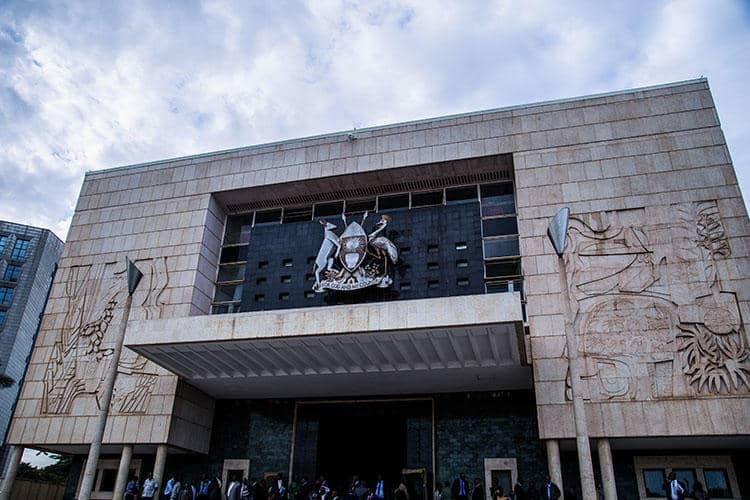
In a significant development affecting Uganda's fiscal landscape, the recently released contingent liabilities annual report reveals a 14% increase in awards due to legal disputes against government entities. As of June 2023, the total liabilities surged from UGX 3.9 trillion to UGX 4.41 trillion, highlighting a growing concern for the country's financial management.

The 14% increase in legal awards against Ugandan government entities, rising to UGX 4.41 trillion, highlights significant fiscal challenges and the urgent need for improved legal and administrative practices. As the government works to address these issues, it is crucial for businesses and investors to remain vigilant and proactive in their engagements with government contracts to navigate the complexities of the current landscape effectively.
In response to the growing fiscal burden, the Ugandan government has acknowledged the need for improved management and mitigation strategies. The Ministry of Finance has highlighted efforts to enhance the legal framework and administrative practices to reduce the incidence of such disputes. This includes better contract management, more robust legal advisory services, and proactive risk assessment mechanisms.
The increased legal liabilities strain Uganda's public finances, necessitating the allocation of significant resources to settle these disputes. This diversion of funds can impact other critical areas such as infrastructure development, healthcare, and education. The government’s need to address these legal claims also raises questions about the efficiency and effectiveness of its legal and administrative processes.
This spike in legal awards is attributed to a variety of lawsuits filed against the Ugandan government. These disputes encompass a range of issues, including compensation for land, breaches of contract, and other legal obligations. The report from the Ministry of Finance, Planning and Economic Development underscores the fiscal risks posed by these escalating contingent liabilities, which can have substantial implications for the national budget and financial stability.
This development serves as a reminder of the critical role that sound legal and financial management plays in ensuring economic stability and growth. As Uganda continues to develop, addressing these legal liabilities will be key to maintaining investor confidence and supporting sustainable development goals.
The increase in legal liabilities also poses potential risks to Uganda's credit rating and investor confidence. As the country's fiscal health becomes more strained, credit rating agencies may reassess Uganda's creditworthiness, potentially leading to higher borrowing costs. This can have a ripple effect on the broader economy, making it more expensive for the government to finance key projects and for businesses to secure investment. Investors, both local and international, may also become more cautious, perceiving higher risks associated with doing business in Uganda, particularly in sectors heavily reliant on government contracts.
Moreover, the surge in contingent liabilities has prompted calls for greater transparency and accountability within government entities. Analysts and stakeholders are urging the Ugandan government to implement stringent oversight mechanisms to ensure that public funds are managed prudently and that legal disputes are minimized through better governance practices. This includes the need for more rigorous auditing processes, regular reviews of contract compliance, and enhanced training for public officials in legal and contract management. Strengthening these areas could help mitigate the risk of future disputes and improve overall financial stability.
To address the underlying causes of these disputes, the Ugandan government is also focusing on enhancing its legislative framework. Reforms aimed at clarifying land ownership laws, improving dispute resolution mechanisms, and streamlining bureaucratic processes are being considered. By addressing the root causes of legal conflicts, the government hopes to create a more predictable and stable business environment. These efforts are crucial not only for reducing the immediate fiscal burden but also for fostering long-term economic growth and development in Uganda.











